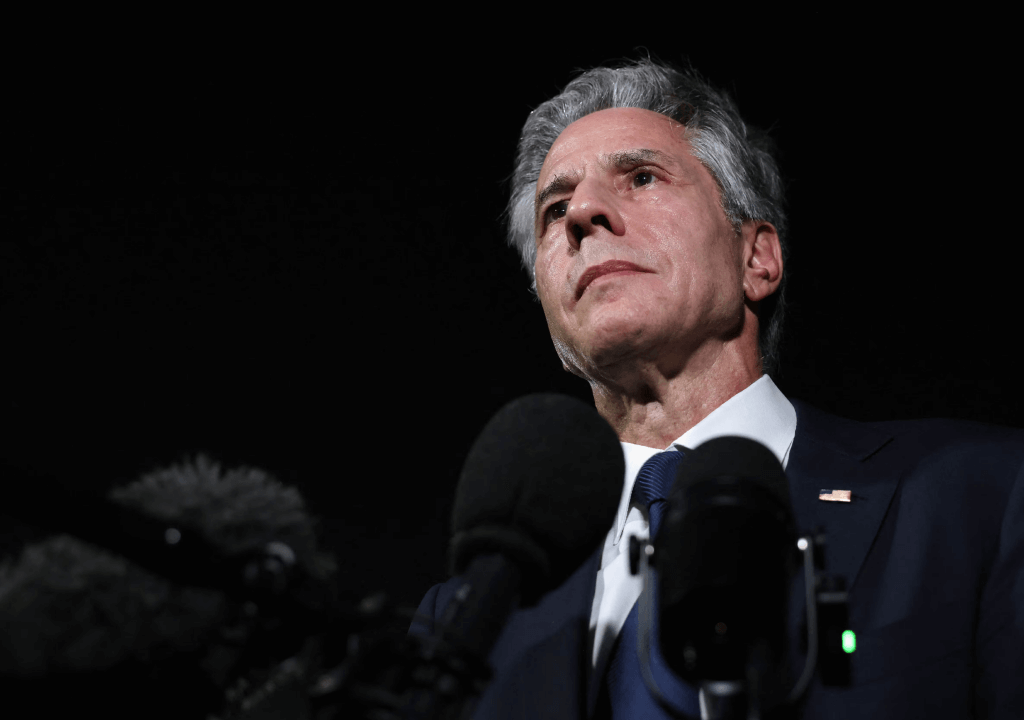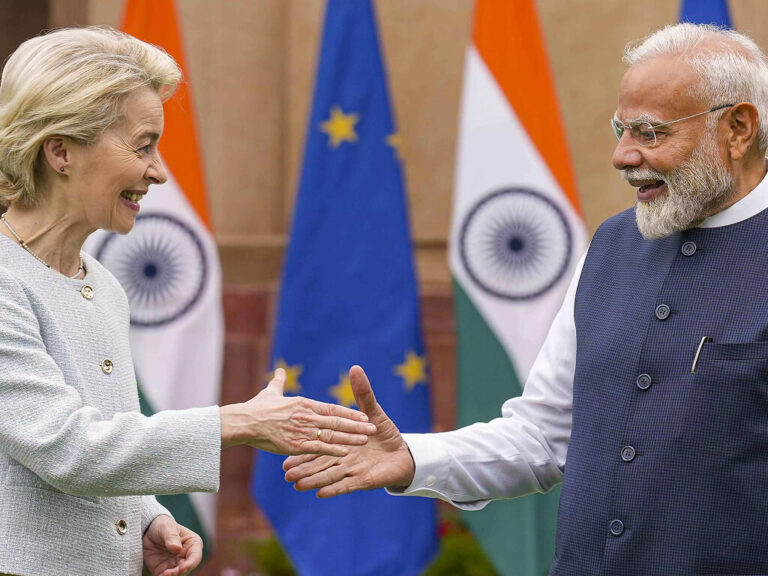A ceasefire in the Israel-Hamas conflict is now a demand from the United States as Americans head to the polls to choose their next president in November. Neither Hamas nor Israel seems particularly interested in this. Israel does not feel the need to stop the war at this point because they have successfully framed Hamas as their biggest threat following the October 7th attack. Meanwhile, in Gaza, a Hamas-controlled territory, a severe humanitarian crisis is unfolding, with over 40,000 deaths reported by local health authorities and critical issues such as famine and a lack of drinking water. This situation only strengthens Hamas’s image as a martyr organization within the Muslim world, which aligns with the group’s objectives. For outsiders who do not view this as a holy war, a ceasefire is their primary demand. The UN’s influence seems limited, and the U.S. is seen as the only power that can make a difference. Secretary Blinken’s visit raised some hope, but the situation still appears to be in limbo, with talks expected to continue.
U.S. Secretary of State Antony Blinken emphasized the urgency of securing a ceasefire in Gaza as he concluded his Middle East tour, with an agreement between Israel and Hamas still out of reach. He stated that the deal needs to be completed soon, ideally within the next few days. Blinken urged Hamas to accept a bridging proposal that Israel has already agreed to and encouraged both parties to work toward finalizing it. Blinken, along with mediators from Egypt and Qatar, is focusing on this bridging proposal to narrow the gaps between the two sides in the 10-month-old conflict. Despite last week’s negotiations pausing without a breakthrough, the U.S. expects ceasefire talks to continue this week.
However, analysts believe that achieving a ceasefire will not be easy. Hamas is not directly participating in the negotiations and has expressed concerns that the latest proposal on the table leans too much toward Israel’s demands. On Tuesday, the militant group responded to comments by U.S. President Joe Biden, who suggested that they were backing away from an agreement with Israel, calling these remarks misleading. The proposed plan calls for a six-week ceasefire, during which a limited number of female, seniors, and sick Israeli hostages would be freed in exchange for Palestinians held in Israeli prisons. The ceasefire could be extended indefinitely while negotiators work on a second stage, which would include the return of soldiers and bodies, the withdrawal of Israeli troops from Gaza, and the return of displaced Palestinian civilians to their homes in the northern part of the strip.
A key obstacle to reaching an agreement has been Hamas’s long standing demand for the full withdrawal of Israeli troops from all areas of Gaza, which Israel rejected without any doubts. When asked in Qatar about the terms of Israeli troop withdrawals within the ceasefire framework, and about a report in the U.S. publication Axios that quoted Netanyahu as saying he might have convinced Blinken that Israel should keep troops in the Philadelphi corridor, a strategic strip on the Gaza-Egypt border, Blinken responded. He stated that the United States does not support any long-term occupation of Gaza by Israel. He also clarified that the agreement is very clear on the schedule and locations of Israel Defense Forces (IDF) withdrawals from Gaza, and that Israel has agreed to those terms.
Concerns about regional escalation have persisted since Hezbollah and Iran vowed retaliation after an attack last month, blamed on Israel, which resulted in the death of Hamas political leader Ismail Haniyeh in Tehran. However, the likelihood of widespread conflict now seems to be diminishing, as the countries that threatened war are now worried that it could further weaken them and lead to internal unrest and civil protests.
Many believe that U.S. politics are influencing the ceasefire efforts both positively and negatively. There are conspiracy theories on X suggesting that Donald Trump might be delaying the truce with his friend Netanyahu to avoid benefiting Kamala Harris in the election, though no evidence has been reported. However, it is clear that there is now a push for a ceasefire from the U.S. government, as it could provide a significant boost to Democrats in the presidential election. Meanwhile, the situation in Gaza remains a severe humanitarian crisis. A ceasefire would be a notable humanitarian achievement for these politicians.








